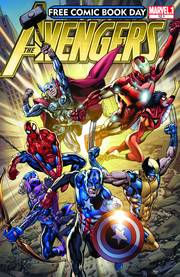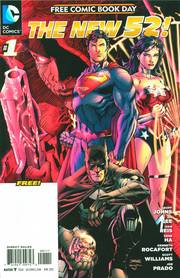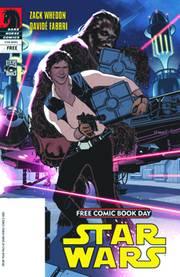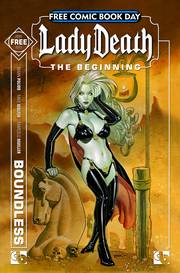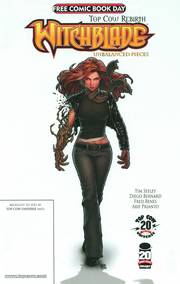 |
| Nash at the podium. |
Leonard Nash talked to us about lists. Specifically, mining material from your life to use in stories. More specifically, for memoirs. He said the difference between a memoir and an autobiography is that the former is how you recall your life and the latter requires considerably more objectivity. (I have put my own ideas in parentheses.)
Leonard: "Our lives are comprised of overlapping short stories, not discreet chapters."
LISTS:
How many days can you remember by specific date. Write them down and why.
Calculate how many days you've been alive.
List every town or city you've lived in.
Every home you've lived in. Draw a floor plan. Note rooms where something happened. Explore closets, drawers, attic, basement, etc. Every house has a different story inside it.
Places of worship you attended. What parts of the building did you explore?
Every pet you recall. Chronicle your life in terms of the pet you had at various times.
Every car you owned. (Every car you drove that wasn't yours.)
Every neighbor you ever had. Why were they significant? Which ones scared you? Why? What jobs did they have? Which worked on hobbies, their yard, etc.?
Every job you've had & ones you failed to get. What you liked/hated about them. (Something you learned there?)
Restaurants you recall. Associate a person/happy memory/sad memory with them? A waitress? Owner? Physical details.
Stores you recall from childhood. Physical details. Scents, design. How they looked, how they changed. (Popcorn and Icee at Kmart?)
Family homes others talked about that you never saw.
Teachers you had. Quirky habits they had. Things they did/said in class/to students. Classroom details.
Every school you attended. Art, cafeteria, smells, gym, etc. Activities you did at school. The smell of Pla-Doh, crayons, the taste of the milk. Times you got in trouble (or should have). What's in your desk each year? What's on the walls?
School field trips. Awards you won. Prizes, payouts.
Recall when you believed in the tooth fairy. Santa. etc. The loss of learning the truth.
List every member of your family, what you recall of them, who passed away when you were young. Members lose to divorce/estrangement.
Work skills. Languages, devices, hobbies, processes you know.
Kinds of businesses your recall that no longer exist. Milkman, diaper service, vacuum salesmen?
Romantic partners you've had, both significant and not so much. Dates. Also, ones you didn't date and why.
States you've visited. Countries. Towns. What stands out. What was odd?
Best days of your life.
Worst days of your life. Does the same day appear on both lists?
Holidays. Family rituals. Tragedy or trouble involved.
Favorite smell? Memorable smell?
Sounds you love/hate.
Flavors/foods/candy
Politics: who you voted for, changes of position, who influenced you?
Books that influenced you. Which five would you take on a space journey?
Favorite 5 or 10 movies/songs/musicians
Celebrities that hold meaning to you; the ones whose death would (or did) break your heart.
Arts and artists that inspired you and why.
Famous people you've met. Details. Where and how and why. Did it affect you?
You bucket list. Any regrets you have about not achieving these milestones
Your moment(s) in the spotlight/15 minutes of fame
An end-of-life decision you were involved in.
Risks you've taken (physical or emotional)
Near death experiences
Rehab
Odd/strange/unexplained occurrences
The most embarrassing, troubling truth about yourself (give some thought to it)
What music you listened to at different ages.
Clothing you wore at various ages. Hair cuts.
Items from childhood you still own. Why these things?
Money and your relationship with it. Bitterness? Greed? Need? Who loaned you money?
Parents habits you took for granted. Something they taught you.
Write a list poem.
List years and associated memories.
HOW TO:
Recreate dialogue. Fill in the gaps. Go for the spirit of the truth.
Remember 3 dimensions: the light, bird songs, smells, sounds of groundsmen (physical details, not just in your head)
What do you want? Want vs. need at these particular times/circumstances. How did you deal with it? What do you want now? What is keeping you from success?
Write a potential first graph to your memoir. Start with the trouble.
He recommends reading "The Territory of Men" by Joelle Fraser
NEXT: Creating characters and making them move.























